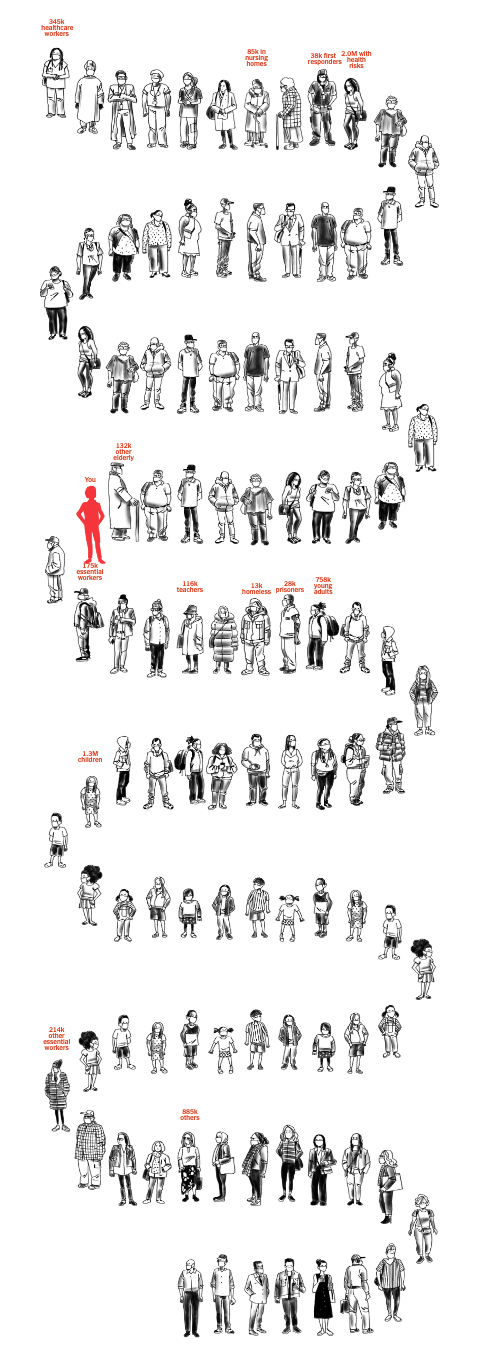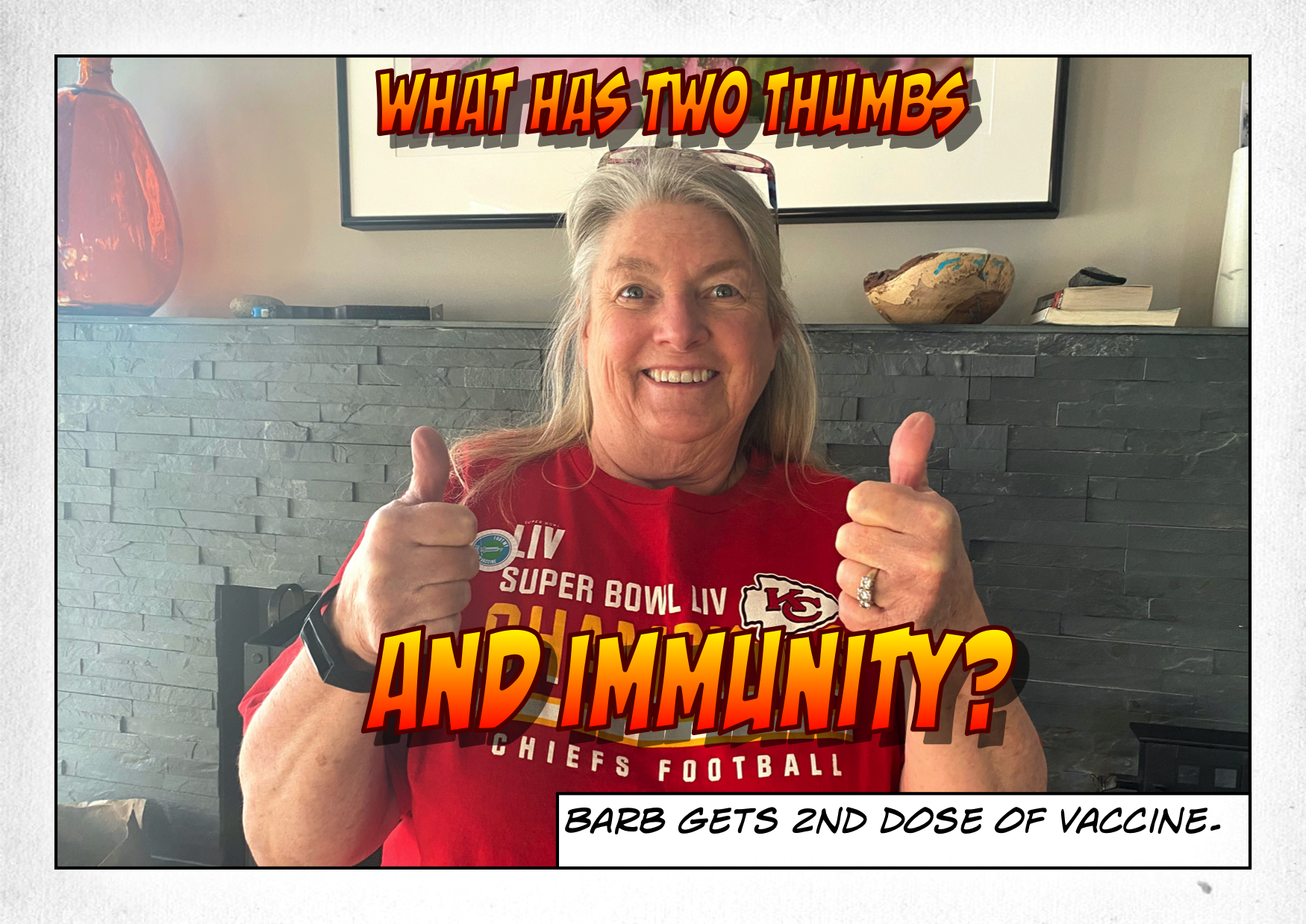 Barb got her second COVID vaccination (Pfizer) this afternoon. I’ve been trying to think of a more anticipated event in the 40+ years we’ve been together. Our wedding was a big deal but I think we were both more excited about the after-party. But that wasn’t a life-or-death moment. Given our age and other factors, getting COVID could put us in the hospital and/or kill us. So we hunkered down. Way down. Rarely indoors away from home. Always wearing masks. Avoiding friends and family.
Barb got her second COVID vaccination (Pfizer) this afternoon. I’ve been trying to think of a more anticipated event in the 40+ years we’ve been together. Our wedding was a big deal but I think we were both more excited about the after-party. But that wasn’t a life-or-death moment. Given our age and other factors, getting COVID could put us in the hospital and/or kill us. So we hunkered down. Way down. Rarely indoors away from home. Always wearing masks. Avoiding friends and family.
That last part has been really hard on Barb. She never complained but it was really hard on her not to spend time with her sisters and brothers, nieces and nephews, and all the “littles.” And her countless friends. But she did it. She did it for the people she loves and cares about and she did it because she loves life and wants hers back without the fear of a deadly virus putting her on a ventilator and maybe leaving her crippled for life.
For a long time the idea of an effective vaccine was just a tiny speck of light at the end of an endless, very dark tunnel. But the scientists came through and gave us a couple (so far) of vaccines. And good ones, that will keep us from getting really sick and winding up in the hospital. And the wait began.
As a former nurse, Barb appreciated the need for health care workers to get vaccinated first. And people in nursing homes. You know the story. Next in line were people over the age of 65 and those with health conditions that put them at higher risk from the virus. Hey, that’s us! So we put our names on the lists and waited for the call and checked our email.
Most of Barb’s friends have been vaccinated and some of her family. And in a week or so, this second shot will do its thing with/to her immune system and she can slowly and carefully take her life back. It’ll still be masks and social distancing (god, how I hate that term). She’ll be able sit indoors with her (vaccinated) sister and talk and plan their trips to Florida. She can hang out with her pals (the vaccinated ones) in the garden club. She can be with people besides me (and our two dogs). Truly, I can’t imagine what this has been like for her.
The vaccine has taken on an almost magical aura. A few drops of a colorless liquid from a tiny vial that changes… everything. Sure, there will be “variants” and “mutations” and the guys in lab will have to find ways to tweak the vaccines. And they will. But today… today Barb has as much protection as modern medicine can provide. And I have never been more grateful.

 Barb got her second COVID vaccination (Pfizer) this afternoon. I’ve been trying to think of a more anticipated event in the 40+ years we’ve been together. Our wedding was a big deal but I think we were both more excited about the after-party. But that wasn’t a life-or-death moment. Given our age and other factors, getting COVID could put us in the hospital and/or kill us. So we hunkered down. Way down. Rarely indoors away from home. Always wearing masks. Avoiding friends and family.
Barb got her second COVID vaccination (Pfizer) this afternoon. I’ve been trying to think of a more anticipated event in the 40+ years we’ve been together. Our wedding was a big deal but I think we were both more excited about the after-party. But that wasn’t a life-or-death moment. Given our age and other factors, getting COVID could put us in the hospital and/or kill us. So we hunkered down. Way down. Rarely indoors away from home. Always wearing masks. Avoiding friends and family.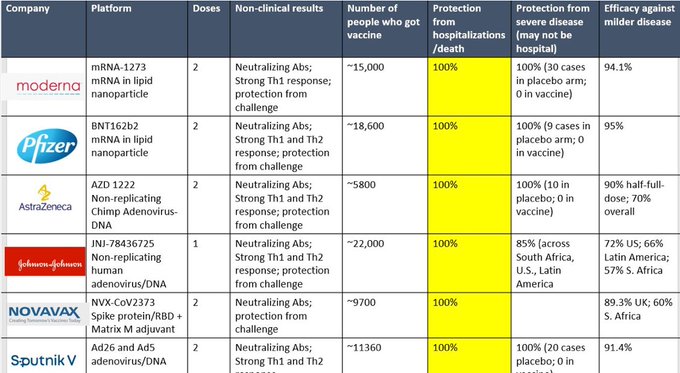
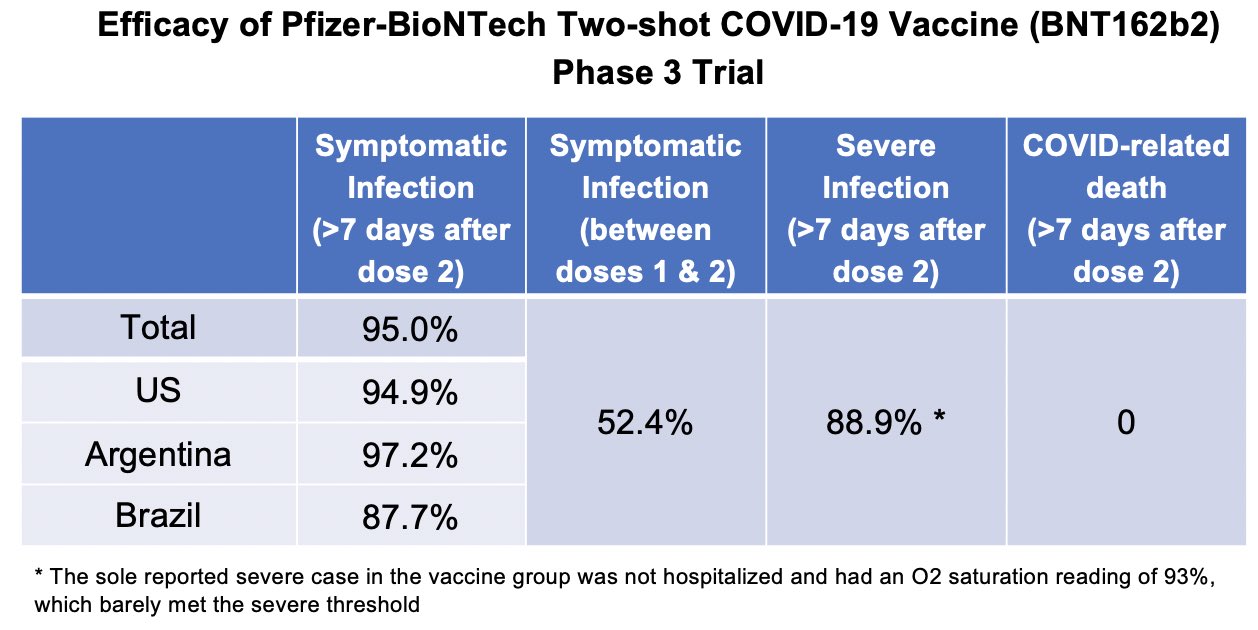
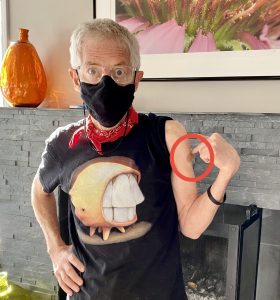 I got my first dose of COVID-19 vaccine (Pfizer-BioNTech) this afternoon. This was a lot sooner than I expected since
I got my first dose of COVID-19 vaccine (Pfizer-BioNTech) this afternoon. This was a lot sooner than I expected since 